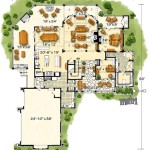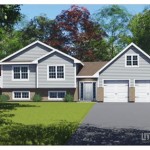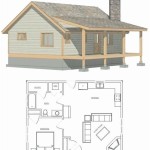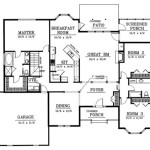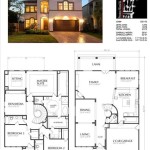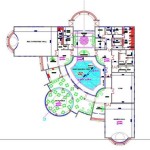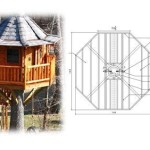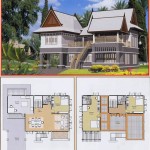Essential Aspects of House Bed Plans: A Comprehensive Guide
House beds are a unique and popular choice for children's bedrooms, offering a fun and imaginative sleeping space. Whether you're looking to create a cozy hideaway or a functional play area, careful planning is crucial. Here are some essential aspects to consider when selecting or drafting house bed plans.
1. Bed Dimensions and Space Requirements
House bed plans come in various sizes, so it's important to measure your child's bedroom and determine the appropriate dimensions. Ensure there's enough space for the bed, as well as for additional furniture, such as a desk or dresser. Consider the height of the bed, including any canopy or extensions, to avoid obstructing the room.
2. Materials and Construction
The materials used in house bed plans significantly impact durability and safety. Solid wood is a durable option, but it can be expensive. MDF or particleboard are more budget-friendly, but they may not withstand heavy use. Pay attention to the construction method and look for plans that provide clear instructions and secure joinery.
3. Safety Features
Safety should be a top priority when choosing house bed plans. Ensure the bed has sturdy guardrails, especially on the upper level, to prevent falls. Check the height of the bed to avoid any climbing hazards for younger children. Consider adding a ladder with safety handles for easy access to the top bunk.
4. Storage and Play Area
House beds can incorporate storage compartments, such as drawers or shelves, to maximize space and keep the room tidy. Consider plans that include built-in storage under the bed or in the headboard to store toys, bedding, or other items. Some house bed plans also feature play areas, such as a slide, a climbing wall, or a secret hideaway, to provide additional entertainment and imaginative play.
5. Design and Aesthetics
House bed plans come in a wide range of styles, from simple and modern to elaborate and whimsical. Choose a design that complements your child's room and preferences. Consider factors such as the color scheme, fabric choices for curtains or bedding, and any decorative elements to create a cohesive look.
6. DIY or Professional Assembly
Depending on the complexity of the house bed plans, you can choose to assemble them yourself or hire a professional. If you're handy and have the necessary tools, DIY assembly can be a cost-effective option. However, if the plans are complex or require special skills, it's advisable to seek professional assistance to ensure proper construction and safety.
7. Customization and Modifications
Once you have selected house bed plans, consider if you need any modifications or customizations. For example, you may want to adjust the height of the bed, add additional storage compartments, or change the color scheme. Make sure the plans you choose allow for flexibility and customization to meet your specific requirements.
Conclusion
With careful consideration of the essential aspects outlined above, you can choose or create house bed plans that will provide your child with a safe, comfortable, and imaginative sleeping space. Whether you opt for a simple design or a more elaborate playhouse-like structure, house beds are a versatile and charming addition to any child's bedroom.

House Frame Bed Full Size Her Tool Belt

House Frame Bed Full Size Her Tool Belt

House Frame Bed Full Size Her Tool Belt

Diy Furniture Plans How To Build A Twin House Bed With Platform Chimney The Design Confidential

How To Build A Twin Size House Bed Addicted 2 Diy

House Frame Bed Full Size Her Tool Belt

Diy Furniture Plans How To Build A Twin House Bed With Platform Chimney The Design Confidential

House Bed Plan Full Size Diy Plans

Easy To Make Diy Twin Floor House Bed If Only April

How To Build A Stunning Toddler House Bed Frame

